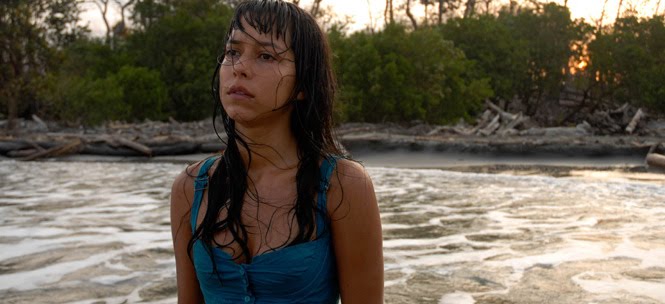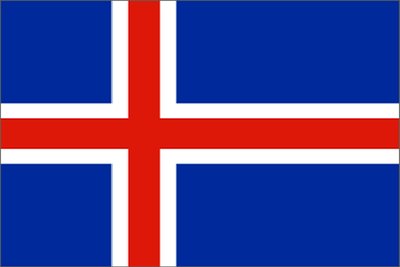
Nini Castañeda jobber med kortfilmdistribusjon i Montages Shorts, og har i anledning av Film fra sør inntatt en gjesteskribentrolle her i nettmagasinet for å fortelle oss om opplevelsen av å se filmen Portrait In a Sea of Lies -- fra hennes hjemland Colombia. Artikkelen er på engelsk.
*
Colombian film industry has been blossoming the last few years, with a production of around seven films per year. The creativity of the filmmakers and producers in Colombia has been pushed forward. In the past, very few Colombian films presented something interesting, many just took advantage of how telling stories about drug cartels and poverty, will put them in the international eye. Very few went further and actually showed our culture and customs. It’s true that in a country as troubled as Colombia, one thing goes along with the other, but then in the films it should be this way as well. So, as a Colombian I was very much looking forward to see Carlos Gaviria‘s Portrait In a Sea of Lies. I’ve heard some good comments about it, how well it’s been doing in festivals, and it’s also been a while since I’ve seen a Colombian film.
The film was a very nice surprise. It’s a road movie about a couple of cousins who are going to reclaim the land, that was once stolen from their family by the guerrilla. A road movie in such a beautiful country as Colombia, gives us very strong and outstanding images. The director has a background as a cinematographer, which is not surprising as you watch the film -- you can feel the intention of showing how amazing and rich the Colombian landscape is.

The story is heart breaking, it’s about terror, about how the young survivors of violence grow up, coping with their memories, and how they’re traumatized. What makes this film interesting is that it doesn’t fall into the cliché of using this sadness and horror to win the audience. It tells its story in a very Colombian way, with humor. It creates a contrast between the two cousins. On one hand we have Marina (Paola Baldion), who barely talks and still thinks that the world is after her. And on the other hand, we have Jairo (Julián Román) who’s the opposite, a guy that tries to get all the bad things in his life and turn them into good opportunities to enjoy life.
I found the narration of the film to be an accurate portrait of the Colombian culture, how we always look forward to the tomorrow because everything will be better then. And how we find humor in the bad things that happen, because that way they’re easier to handle and life is nicer to live. I think the film succeeds in this choice of telling the story. I could hear the audience laughing at situations that from other point of views could have been tragic. Of course there is a very strong message about the situation in Colombia, and the filmmaker makes us aware of it. When the time comes for the cousins to face what they were looking for, the humor goes away and we are presented with the raw truth of pain and violence, which is the base of the story.
To me it was actually an eye-opening film experience. In a country like Colombia were there are so many different victims and problems, sometimes we forget about some of them, and this film is a good reminder of one of those. And it’s also a film that portrays our culture, and in a way shows how the years of violence have shaped it.
